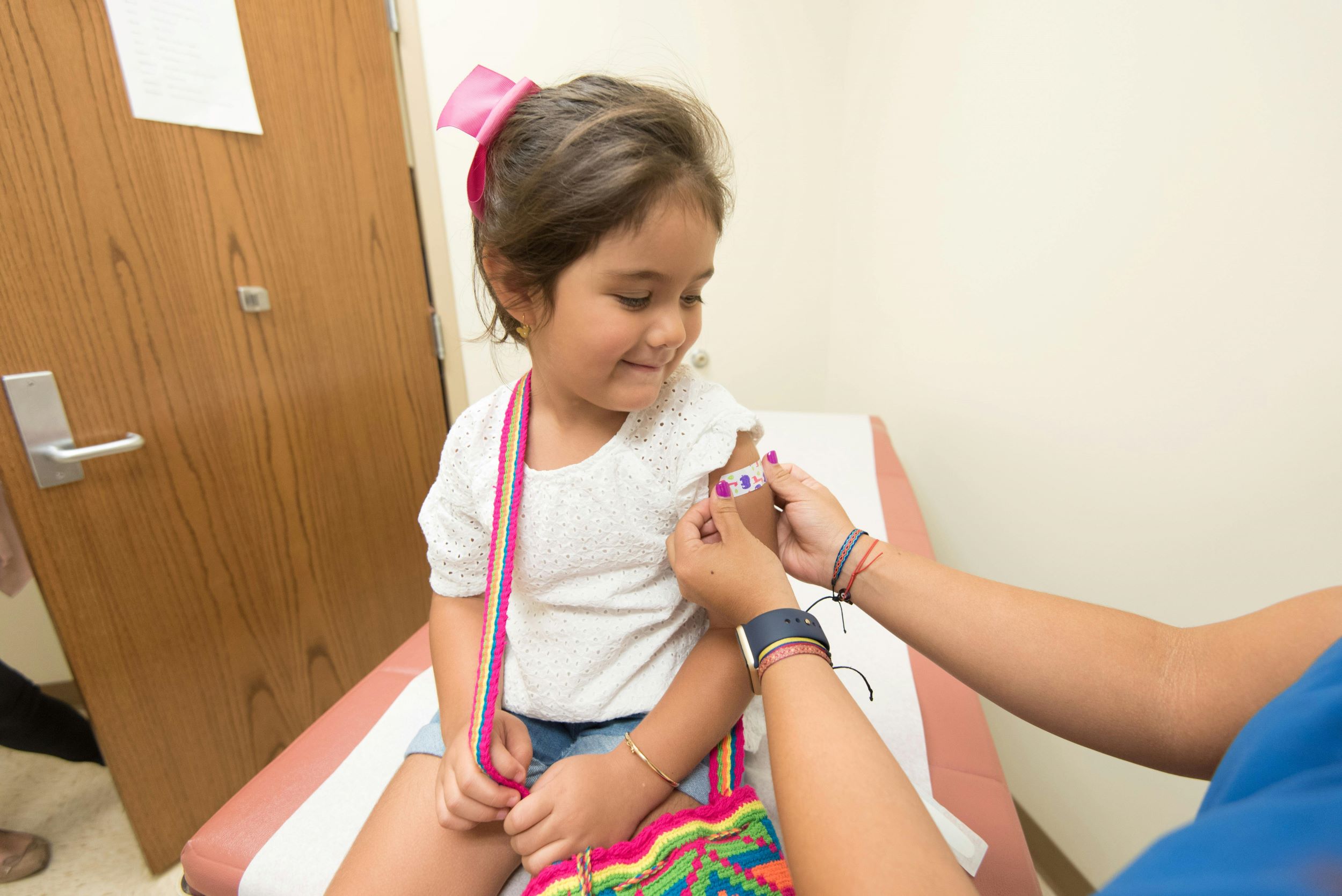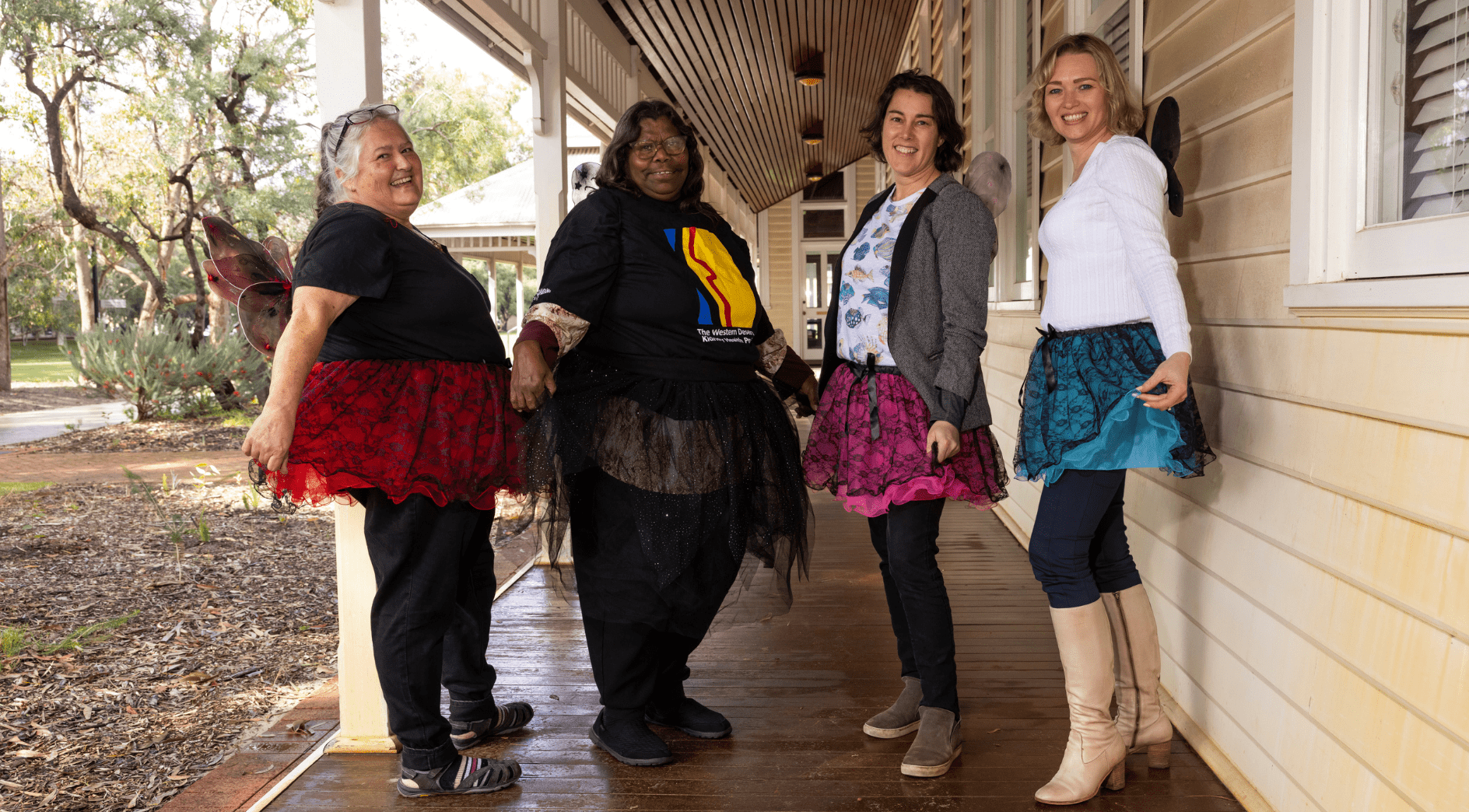Search
Showing results for "early life"
Research
Clinical protocol for a longitudinal cohort study to identify markers of vaccine immunogenicity in newborn infants in the gambia and papua New GuineaImmunity is distinct in early life and greater precision is required in our understanding of mechanisms of early life protection to inform development of new pediatric vaccines
Research
BEAT-CF (Bayesian Evidence Adaptive Treatment for people with Cystic Fibrosis): description of a prospective cohort for nested studies in cystic fibrosisDespite recent improvements in treatment modalities for cystic fibrosis (CF), there is currently limited evidence and a lack of consensus regarding optimal treatment strategies for the different aspects of CF, including pulmonary exacerbations (PEx). We aimed to establish a prospective cohort of people with CF (pwCF) to evaluate alternative approaches to managing CF in the era of modulator therapies.

Exploring whether urinary ferritin can be used as an alternative biomarker for measuring iron status in young children over blood draws.

This study examines the impact of nutrition-related maternal, infant and childhood health outcomes and healthcare utilisation.

This Australian-first study will simultaneously identify childhood exposure to heavy metals in regional and remote communities and provide these communities with training in drinking water quality, STEM and dental hygiene.
Research
The impact of maternal prenatal mental health disorders on stillbirth and infant mortality: a systematic review and meta-analysisEvidence about the association between maternal mental health disorders and stillbirth and infant mortality is limited and conflicting. We aimed to examine whether maternal prenatal mental health disorders are associated with stillbirth and/or infant mortality. MEDLINE, Embase, PsycINFO, and Scopus were searched for studies examining the association of any maternal prenatal (occurring before or during pregnancy) mental health disorder(s) and stillbirth or infant mortality. A random-effects meta-analysis was used to calculate pooled odds ratios (ORs) with 95% confidence intervals (CIs). The between-study heterogeneity was quantified using the I2 statistic. Subgroup analyses were performed to identify the source of heterogeneity.
Research
Parental Perspectives on Children’s School Readiness: An Ethnographic StudySchool readiness is a construct used by educators and policy makers to describe a range of abilities that are beneficial for children transitioning to school. The association of socioeconomic disadvantage with developmental vulnerability when children start school is well established. Parents play a crucial role in supporting children’s transition to school and are acknowledged as their child’s first and foremost teacher.
Research
Frequency of protracted bacterial bronchitis and management pre-respiratory referralTo determine the frequency of protracted bacterial bronchitis (PBB) in children referred to tertiary care with chronic cough and describe management prior to referral. A retrospective cohort study of all new patients with a history of ≥4 weeks of cough seen at the only tertiary paediatric outpatient respiratory service in Western Australia.
Research
Duration of protection after first dose of acellular pertussis vaccine in infantsWithout a booster dose, the effectiveness of 3 doses waned more rapidly from 2 to 4 years of age than previously documented for children >6 years of age who...
Research
Thoracic Society of Australia and New Zealand (TSANZ) Guidance for the Management of Electronic Cigarette Use (Vaping) in Adolescents and AdultsElectronic cigarette use, especially among younger members of society, has grown to concerning levels in many countries, including Australia and New Zealand. Uptake in the general population, driven by technological and pharmacological innovations, and accelerated by aggressive tobacco/vaping industry marketing, has outpaced medical research.
